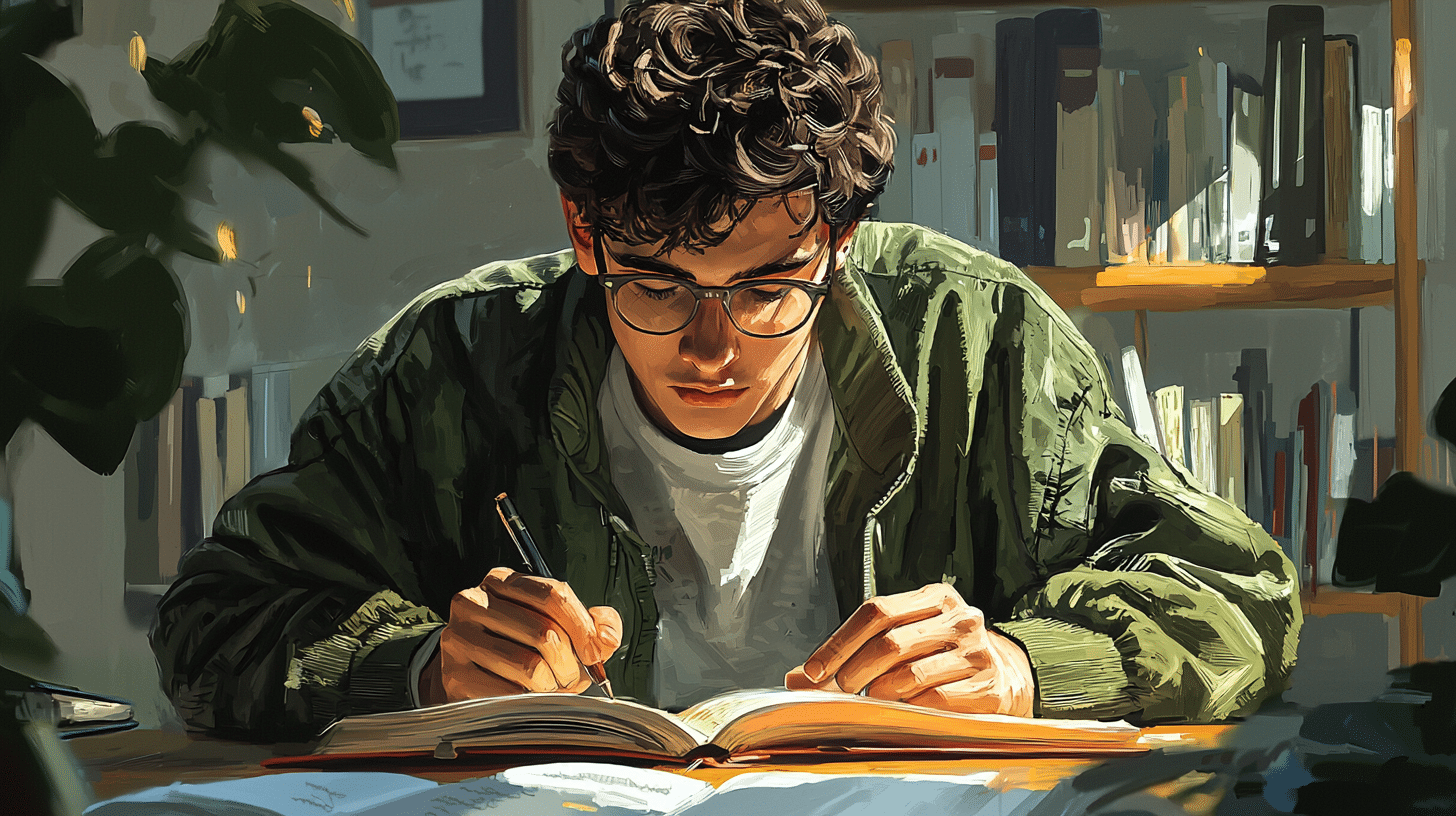Embarking on the journey of learning a new language is always exciting, and delving into the nuances of describing clothing and fashion can be particularly fun and rewarding. This article will provide you with the essential vocabulary and phrases you need to talk about clothing and fashion in Bulgarian. Whether you’re planning a shopping trip in Sofia or simply want to expand your Bulgarian lexicon, this guide will help you articulate your fashion sense with confidence.
Basic Clothing Vocabulary
To start, let’s familiarize ourselves with some basic clothing items in Bulgarian. Here is a list of common articles of clothing and their Bulgarian translations:
– **Shirt** – риза (riza)
– **T-shirt** – тениска (teniska)
– **Pants** – панталони (pantaloni)
– **Jeans** – дънки (danki)
– **Dress** – рокля (roklja)
– **Skirt** – пола (pola)
– **Coat** – палто (palto)
– **Jacket** – яке (jake)
– **Sweater** – пуловер (pulover)
– **Shoes** – обувки (obuvki)
– **Socks** – чорапи (chorapi)
– **Hat** – шапка (shapka)
– **Gloves** – ръкавици (rakavitsi)
– **Scarf** – шал (shal)
Describing Colors and Patterns
Once you have the basic items down, the next step is to describe them. Colors and patterns play a significant role in fashion. Here’s how you can describe the color and pattern of clothing in Bulgarian:
**Colors:**
– **Red** – червен (cherven)
– **Blue** – син (sin)
– **Green** – зелен (zelen)
– **Yellow** – жълт (zhalt)
– **Black** – черен (cheren)
– **White** – бял (bjal)
– **Gray** – сив (siv)
– **Brown** – кафяв (kafjav)
– **Pink** – розов (rozov)
– **Purple** – лилав (lilav)
**Patterns:**
– **Striped** – на райета (na rayeta)
– **Checked** – кариран (kariran)
– **Polka-dotted** – на точки (na tochki)
– **Floral** – с цветя (s tsvetya)
– **Plain** – едноцветен (ednotsveten)
For example, if you want to describe a red dress, you would say “червена рокля” (chervena roklja), where “червена” is the feminine form of “червен.”
Fashion Accessories
Accessories can make or break an outfit. Knowing how to talk about them in Bulgarian will definitely up your fashion game. Here are some common accessories and their translations:
– **Watch** – часовник (chasovnik)
– **Belt** – колан (kolan)
– **Necklace** – огърлица (ogarlitsa)
– **Earrings** – обеци (obetsi)
– **Bracelet** – гривна (grivna)
– **Sunglasses** – слънчеви очила (slanchevi ochila)
– **Handbag** – чанта (chanta)
– **Backpack** – раница (ranitsa)
Describing Fit and Style
Understanding how to describe the fit and style of clothing is essential when discussing fashion. Here are some useful adjectives and phrases:
**Fit:**
– **Tight** – тесен (tesen)
– **Loose** – широк (shirok)
– **Fitted** – по мярка (po mjarka)
– **Comfortable** – удобен (udoben)
**Style:**
– **Casual** – ежедневен (ezhedneven)
– **Formal** – официален (ofitsialen)
– **Sporty** – спортен (sporten)
– **Elegant** – елегантен (eleganten)
– **Trendy** – модерен (moderen)
– **Vintage** – винтидж (vintidzh)
If you want to say that a pair of jeans is comfortable and trendy, you could say “удобни и модерни дънки” (udobni i moderni danki).
Shopping for Clothes
Shopping for clothes in a Bulgarian-speaking environment will be much easier if you know some key phrases. Here are a few you might find useful:
– **I am looking for…** – Търся… (Tarsya…)
– **Do you have this in a different size?** – Имате ли това в различен размер? (Imate li tova v razlichen razmer?)
– **Can I try this on?** – Мога ли да пробвам това? (Moga li da probvam tova?)
– **How much does this cost?** – Колко струва това? (Kolko struva tova?)
– **Do you have this in another color?** – Имате ли това в друг цвят? (Imate li tova v drug tsvjat?)
– **Where are the changing rooms?** – Къде са пробните? (Kade sa probnite?)
– **I’ll take it.** – Ще го взема. (Shte go vzema.)
Complimenting and Discussing Fashion
Complimenting someone’s outfit or discussing fashion trends can be a great way to practice your Bulgarian. Here are some useful phrases:
– **You look great!** – Изглеждаш страхотно! (Izglezhdash strahotno!)
– **I love your style.** – Обожавам стила ти. (Obozhavam stila ti.)
– **Where did you get that?** – Откъде го взе? (Otkade go vze?)
– **That’s very fashionable.** – Това е много модерно. (Tova e mnogo moderno.)
– **What’s in fashion this season?** – Какво е модерно този сезон? (Kakvo e moderno tozi sezon?)
Seasonal Clothing
Different seasons call for different wardrobes. Here’s how you can describe seasonal clothing in Bulgarian:
**Winter:**
– **Winter coat** – зимно палто (zimno palto)
– **Boots** – ботуши (botushi)
– **Sweater** – пуловер (pulover)
– **Scarf** – шал (shal)
– **Gloves** – ръкавици (rakavitsi)
**Summer:**
– **Sundress** – лятна рокля (lyatna roklja)
– **Sandals** – сандали (sandali)
– **Shorts** – къси панталони (kasi pantaloni)
– **Tank top** – потник (potnik)
– **Swimsuit** – бански костюм (banski kostyum)
**Spring/Autumn:**
– **Light jacket** – леко яке (leko yake)
– **Cardigan** – жилетка (zhiletka)
– **Long-sleeved shirt** – риза с дълъг ръкав (riza s dalag rakav)
– **Sneakers** – маратонки (maratonki)
Traditional Bulgarian Clothing
Understanding traditional Bulgarian clothing can give you deeper insights into the culture. Traditional Bulgarian attire is rich in history and symbolism. Here are some key pieces:
– **Folk costume** – народна носия (narodna nosiya)
– **Vest** – елек (elek)
– **Apron** – престилка (prestilka)
– **Embroidery** – бродерия (broderiya)
– **Headscarf** – забрадка (zabradka)
Traditional Bulgarian clothing often features intricate embroidery and vibrant colors, each with its own meaning and significance.
Conclusion
Mastering the vocabulary and phrases related to clothing and fashion in Bulgarian will not only enhance your language skills but also allow you to engage more deeply with Bulgarian culture. From basic clothing items and accessories to describing fit, style, and even traditional attire, this guide provides a comprehensive foundation for discussing fashion in Bulgarian. So next time you’re shopping in Bulgaria or complimenting a friend’s outfit, you’ll be able to do so with confidence and flair. Happy learning and stylish speaking!

